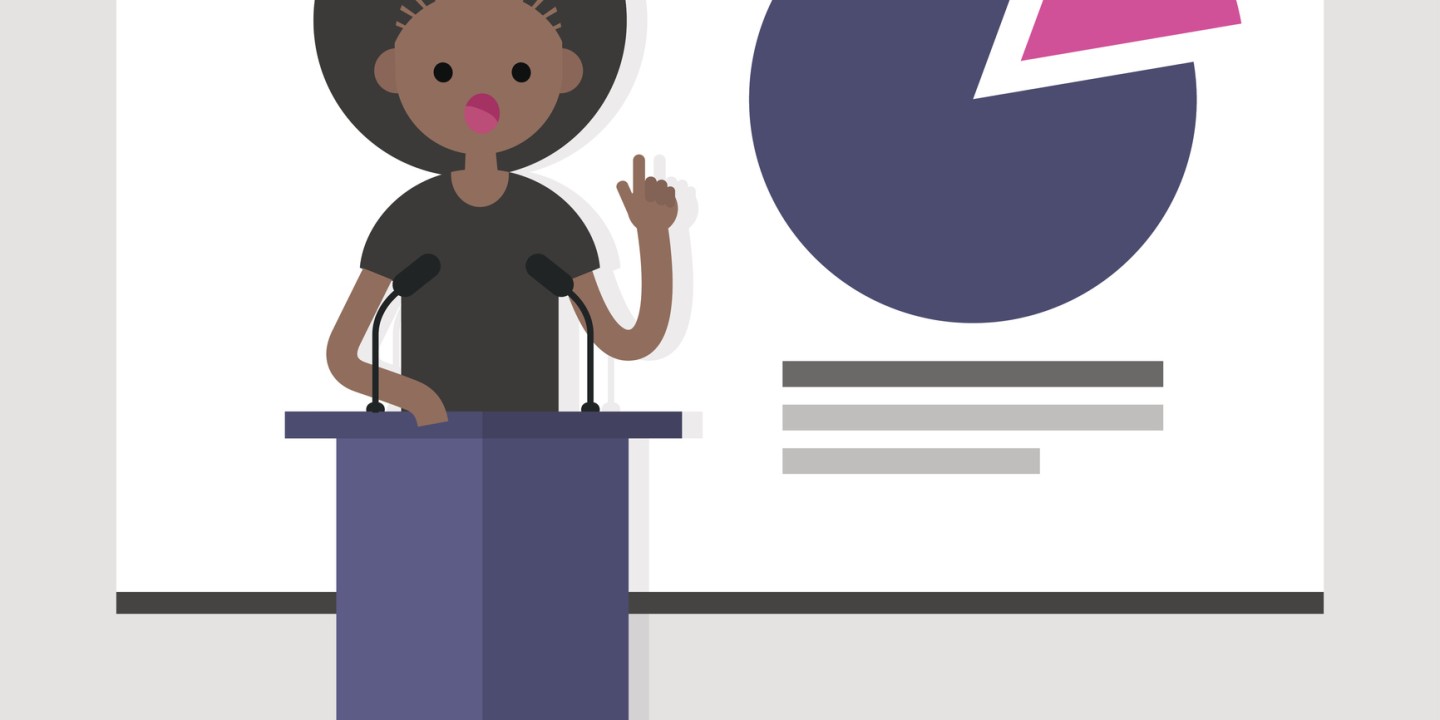
When I learned in February that Chicago’s primary mayoral election would culminate in a runoff between two black women, I was thrilled. Despite the many differences between Lori Lightfoot and Toni Preckwinkle, I trust that a black woman will hold the variety of interests and issues that mayors carry in a way that attends to the complexity of the city's history. Knowing that Chicago’s next mayor is guaranteed to be a black woman makes me feel confident—in a way I haven’t felt before—that local politics might move closer to the values I cherish: amplification of voices that have not been heard, economic policies that raise up people who have the least, and forms of justice that take into account the legacies of the past as well as present circumstances.
For some time now, I’ve been convinced that if the arc of the moral universe is going to be bent toward justice, black women will have a lot to do with it. But an article in today’s Chicago Sun-Times tempers that kind of optimism with the cautious advice of local black women. Amara Enyia, a community leader who came in sixth out of the 14 candidates in the February election, worries that whoever wins today’s runoff will be subject to unfair expectations. She explains: “As black women, we have to be so much better, so much smarter, so much more savvy, and we don’t get the benefit of the doubt. . . . Even though I was running against them, I still identify and empathize with that struggle as a black woman.”
White supremacist imperialist capitalist patriarchy can’t be undone with a single election. Even if it could be undone—or, more likely, if it could begin to be unraveled as the result of many local, state, and national elections putting a multitude of black women into positions of power—I’m pretty sure it’s not fair for me to expect it to.
I was reminded of this at an academic conference last fall when I attended a panel focused on the intersections between sexual trauma, the #MeToo movement, and black women’s experiences. When I walked into the room, I was surprised: all four of the panelists were white women. After the panelists read their papers, the moderator—a black woman—masterfully led a discussion about the causes and effects of white women speaking about (and sometimes for) black women. Black women’s bodies have been put on public display for so long, the moderator suggested at one point in the discussion, that maybe it’s unfair to expect black women to write academic papers about how their bodies have been sexually abused. (A month and a half later, Surviving R. Kelly was aired and the bodies of black women were once again put on public display.)
Since that panel, I’ve thought a lot about the expectations that white women—myself included—often put on black women. I've thought about how much we take from them and how little we offer in return. We use black women's stories, their voices, and their history for our own pedagogical or rhetorical purposes while avoiding concrete actions that would alleviate some of the burden that's been placed on them by that history. We rejoice in their competence and place our hopes in their leadership without acknowledging that our expectations for them may be yet another form of surrogacy.
I don’t mean to suggest that white women can’t ever benefit from the efforts of black women, or that a white scholar should never write about black women’s bodies. And I don't think it's wrong to believe that justice requires giving the tools of power—things like responsibility, voice, authority, and financial resources—to people who have traditionally been denied them. But it’s wrong for me to expect black women to bear the burden of fixing everything that’s wrong in our society. Especially if I use that expectation as an excuse to ignore the opportunities I have to do some of that repair work myself.
Given the realities of our world and the reality of my own whiteness, my celebration of black women’s agency and accomplishments will likely always be ethically fraught. Still, today’s election gives me hope. It disrupts invisibility. It offers a rare glimpse of democracy working in a truly representational way. It puts a smart woman in charge of a city that I care very much about. And it reminds me that while I can’t save the world, I have a role to play in my own local politics.





